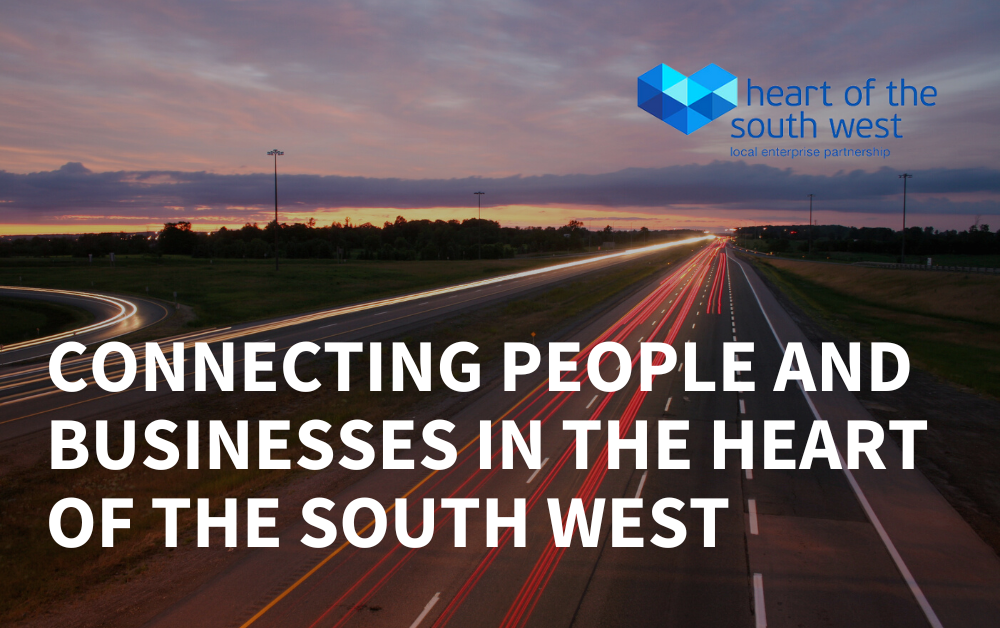Written by David Ralph, CEO of the Heart of the South West LEP.
One of the biggest challenges in the Heart of the South West is connectivity; good quality transport infrastructure, increasingly good quality digital connectivity, and simply, in a largely rural area, access to services and facilities. For example, one of the key reasons we have major challenges in social mobility in the region is access to further education and jobs in our most rural areas. Moreover, across a largely rural area low job densities means connecting labour markets and supply chains can also be challenging. To an extent, this is often why cities are seen as engines of growth, and why organisations such as the CBI talk a lot about clustering.
Post Covid, this economic model is evolving as people’s work patterns change, although it is important to bear in mind that many sectors still require people in the workplace to complete tasks – hybrid working or working from home is more often applicable to white collar workers.
This month, we are highlighting some of the investment we have put into connectivity improvements through our local growth and Getting Building Fund programmes. These are capital programmes and certainly initially focused on transport (largely roads) funding. However, as we have looked to target funding more effectively and on lower carbon solutions it has increasingly focused on digital connectivity, supporting higher value clusters and supply chains including Hinkley Point C. Whilst these interventions can help address some issues, the scale of the connectivity challenge to an area like the South West is systemic; for example:
- With recent rail strikes we have seen the peninsula west of Exeter cut off from rail access
- The South West has the second lowest investment in transport infrastructure per capita in the country
- Levelling Up is delivering significantly less funding support to all areas than promised at a time when cost of living challenges and the impact of Covid are disproportionately impacting coastal and rural communities, exacerbated by significant financial challenges to public sector services
As we move towards new Government leadership and a general election, continuing to address structural weaknesses of connectivity remains a systems issue and key challenge.
Find out more about connectivity projects in the Heart of the South West here.


